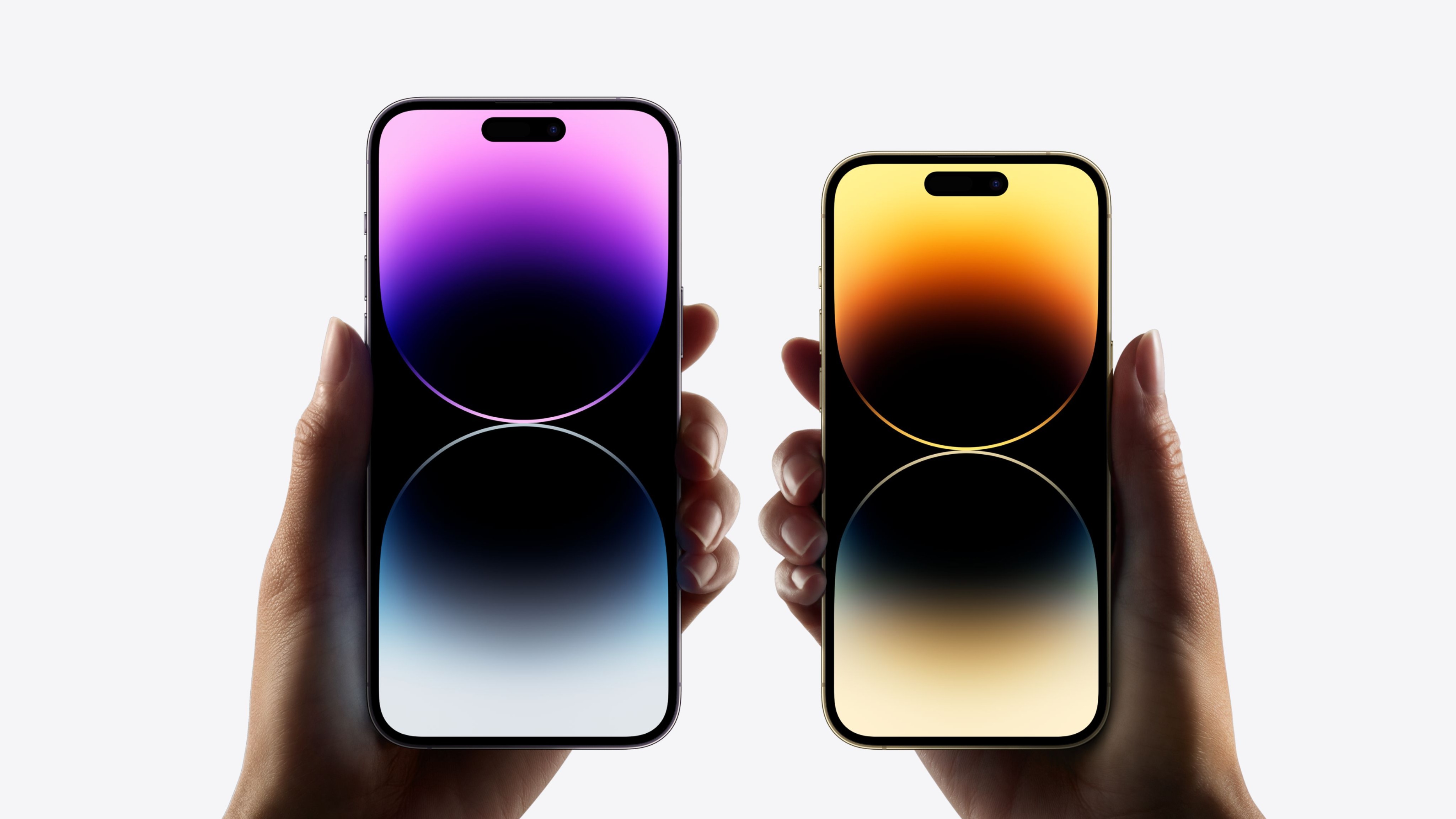Apple plans to move the assembly of all iPhones sold in the US to India as early as next year, according to a Financial Times report, as the technology giant responds to trade pressures from President Donald Trump's administration.
The ambitious plan aims to source from India the entirety of the more than 60 million iPhones sold annually in the US by the end of 2026, effectively doubling iPhone output in India.
This strategic shift follows nearly two decades during which Apple built an extensive production network in China that propelled its growth into a $3 trillion company.
The move comes as China faces aggressive tariffs from the US president, though Trump has indicated willingness to negotiate with Beijing. The tariff announcements reportedly wiped $700 billion from Apple's market value, prompting the company to quickly export available Indian-manufactured iPhones to the US to avoid higher tariffs on Chinese imports.
In recent years, Apple has steadily expanded its manufacturing capacity in India through partnerships with Tata Electronics and Foxconn, though China still remains its primary smartphone assembly location.
"We believe this is going to be an important move for Apple to be able to maintain its growth and momentum," said Daniel Newman, chief executive at the Futurum Group research firm. "We are seeing in real time how a company with these resources is moving at relative light speed to address the tariff risk."
While iPhone assembly represents the final stage of production, Apple continues to rely heavily on Chinese suppliers for hundreds of components that go into each device.
The US market accounts for approximately 28 per cent of Apple's 232.1 million global iPhone shipments in 2024, according to the International Data Corporation, requiring significant capacity expansion in India to meet all US demand.
Last year, as part of efforts to increase Indian production, Foxconn and Tata began importing pre-assembled component sets from China.
Trump initially announced tariffs exceeding 100 per cent on Chinese imports before offering a temporary reprieve for smartphones. Chinese-made devices still face a separate 20 per cent tariff that applies to all imports from China.
India currently faces a 26 per cent "reciprocal" tariff, though this is temporarily suspended as New Delhi works toward a bilateral trade agreement with the US. During a visit to India this week, US vice-president JD Vance noted the two countries were making "very good progress" on trade negotiations.
Apple chief executive Tim Cook has maintained regular contact with Trump and his administration since attending the president's inauguration in January. The company is scheduled to report quarterly earnings next week as investors assess the impact of Trump's tariff plans.
Latest News
-
OpenAI seals Pentagon AI deal with safety guardrails hours after Anthropic ban
-
Anthropic refuses Pentagon demand to strip AI safeguards from Claude
-
Skyscanner rolls out app on ChatGPT
-
AI disruption risk varies between platform and service-based firms, says new report
-
UK government to bolster public sector with cyber talent investment
-
Citi creates AI infrastructure banking team
The future-ready CFO: Driving strategic growth and innovation
This National Technology News webinar sponsored by Sage will explore how CFOs can leverage their unique blend of financial acumen, technological savvy, and strategic mindset to foster cross-functional collaboration and shape overall company direction. Attendees will gain insights into breaking down operational silos, aligning goals across departments like IT, operations, HR, and marketing, and utilising technology to enable real-time data sharing and visibility.
The corporate roadmap to payment excellence: Keeping pace with emerging trends to maximise growth opportunities
In today's rapidly evolving finance and accounting landscape, one of the biggest challenges organisations face is attracting and retaining top talent. As automation and AI revolutionise the profession, finance teams require new skillsets centred on analysis, collaboration, and strategic thinking to drive sustainable competitive advantage.
© 2019 Perspective Publishing Privacy & Cookies




.jpeg)






Recent Stories